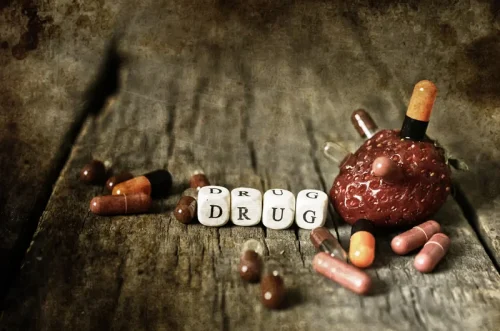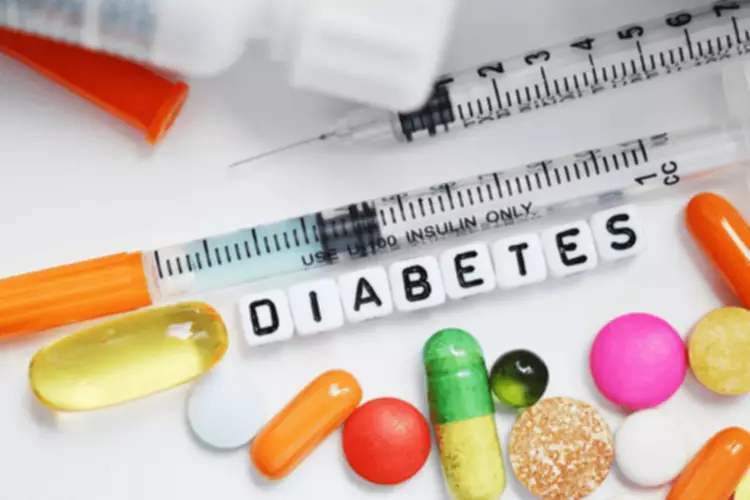
Recovery from addiction is a challenging journey, filled with both triumphs and setbacks. For individuals seeking long-term sobriety, relapse can be a disheartening reality. However, recent findings have shown that Cognitive Behavioral Therapy (CBT) is a powerful tool for preventing relapse and sustaining recovery. In a subsequent meta-analysis by Irwin, twenty-six published and unpublished studies representing a sample of 9,504 participants were included. Results indicated that RP was generally effective, particularly for alcohol problems. Specifically, RP was most effective when applied to alcohol or polysubstance use disorders, combined with the adjunctive use of medication, and when evaluated immediately following treatment.
Negative affect
Create a relapse prevention action plan for what to do instead of turning to drugs or alcohol. For example, if going through a breakup could lead to a relapse, think of other outlets for your pain and frustration. Instead of drinking or using, plan to attend a support meeting or call a family member or close friend right away.
Holistic-Based Recovery Services
A setback can be any behavior that moves an individual closer to physical relapse. Some examples of setbacks are not setting healthy boundaries, not asking for help, not avoiding high-risk situations, relapse prevention and not practicing self-care. A setback does not have to end in relapse to be worthy of discussion in therapy. They occur when the person has a window in which they feel they will not get caught.
Researchers Devise Novel Solution to Preventing Relapse after CAR T-cell Therapy
Understanding relapse, recognising its stages, and developing https://ecosoberhouse.com/ skills are essential to a successful recovery journey. Remember that recovery is a personal journey, and there is no one-size-fits-all approach. It’s essential to find the best strategies and tools for you and seek professional guidance when needed. With dedication and the right resources, long-term recovery is possible and achievable.
The reformulated cognitive-behavioral model of relapse
Alan Marlatt, PhD, developed an approach that uses mental, behavioral, and lifestyle choices to prevent relapse. One critical goal will be to integrate empirically supported substance use interventions in the context of continuing care models of treatment delivery, which in many cases requires adapting existing treatments to facilitate sustained delivery [140]. Given its focus on long-term maintenance of treatment gains, RP is a behavioral intervention that is particularly well suited for implementation in continuing care contexts. Many treatment centers already provide RP as a routine component of aftercare programs. However, it is imperative that insurance providers and funding entities support these efforts by providing financial support for aftercare services.
- Cognitive behavioral therapy is a well-established therapeutic approach that focuses on identifying and changing negative thought patterns and behaviors.
- Although some high-risk situations appear nearly universal across addictive behaviors (e.g., negative affect; [25]), high-risk situations are likely to vary across behaviors, across individuals, and within the same individual over time [10].
- Some researchers propose that the self-control required to maintain behavior change strains motivational resources, and that this “fatigue” can undermine subsequent self-control efforts [78].
- As was the case for Marlatt’s original RP model, efforts are needed to systematically evaluate specific theoretical components of the reformulated model [1].
- We specialize in aiding individuals through our dual diagnosis program, addressing both addiction and underlying mental health issues for lasting recovery.
In sum, the RP framework emphasizes high-risk contexts, coping responses, self-efficacy, affect, expectancies and the AVE as primary relapse antecedents. Coping skills are strategies and techniques to manage stress, anxiety, and cravings without substance use. These skills include deep breathing exercises, journaling, physical activities like yoga or sports, engaging in creative pursuits, or practising relaxation techniques.

Long-Term Strategies For Sustained Recovery

It’s essential to understand that recovery is a dynamic and evolving process, and setbacks may occur. In such moments, a commitment to the ultimate goal of sobriety can act as a resilient foundation for facing challenges, learning from setbacks, and continuing the journey towards lasting recovery. Staying committed is a testament to an individual’s determination to live a healthier, substance-free life.

Relapse Prevention Strategies and Techniques for Addiction


